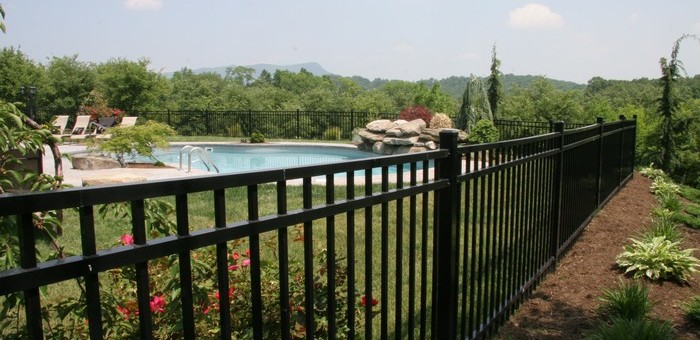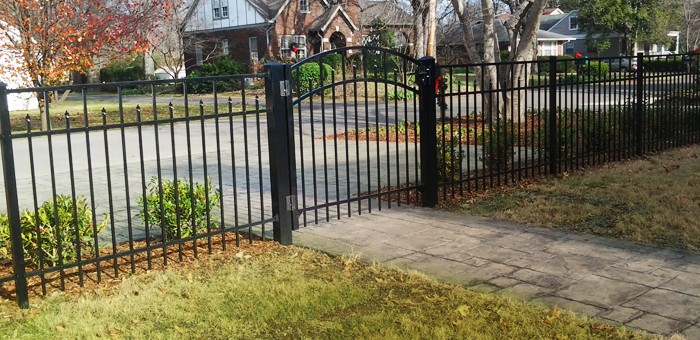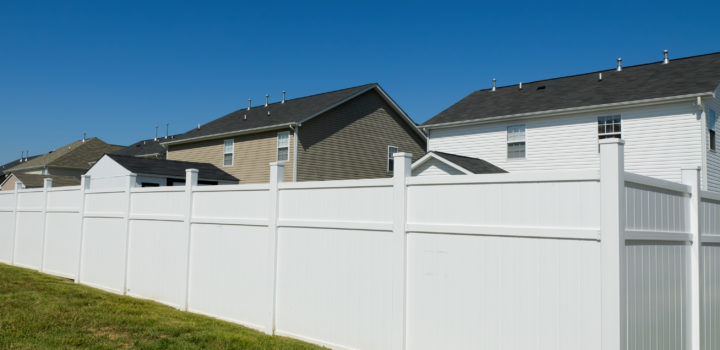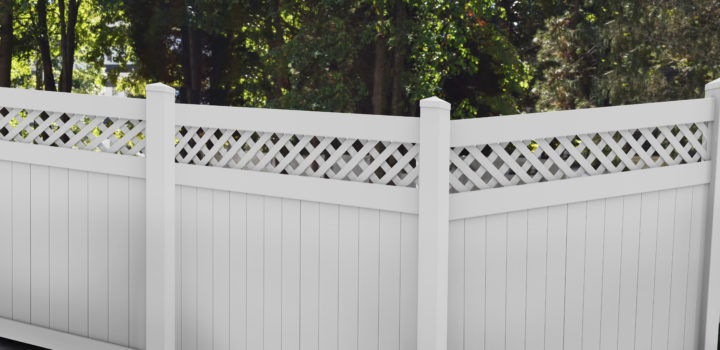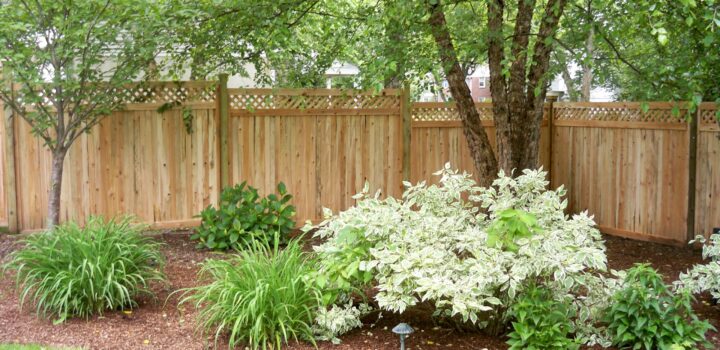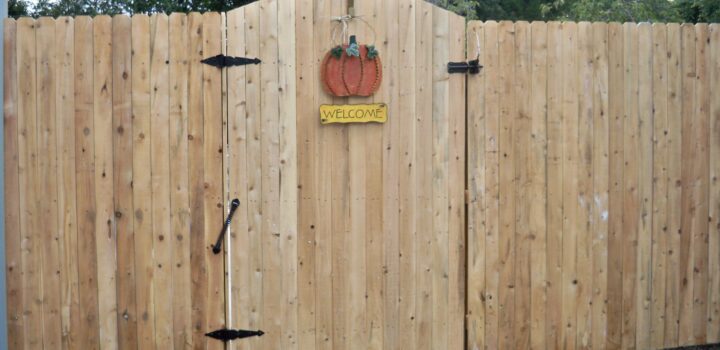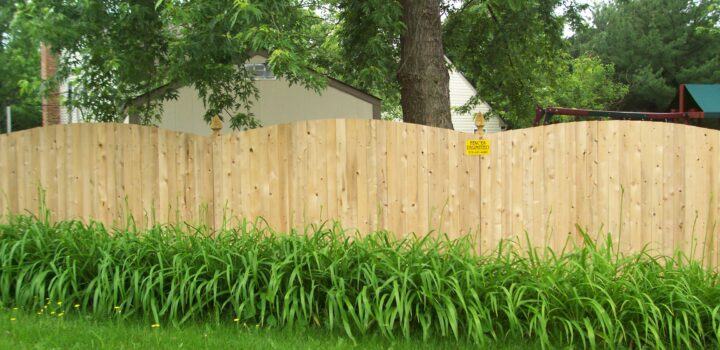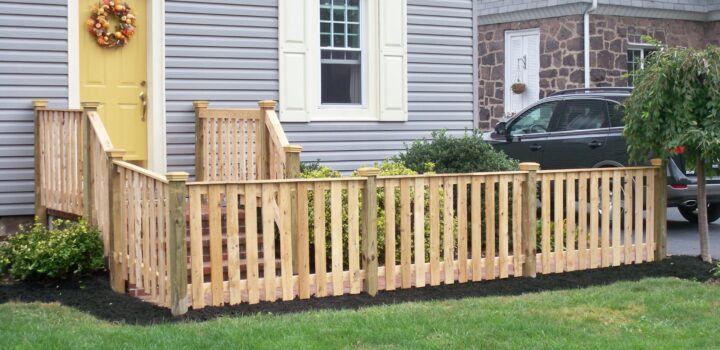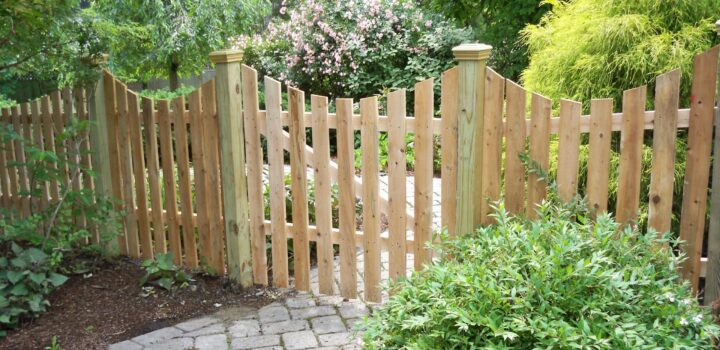Most dog owners consider their canine as a member of the family. So when it comes to securing them in the property, decisions must be made concerning the perimeter of the yard. Just like how a good quality fence prevents small children from wandering into hazard zones, it protects the dog from roaming freely around the neighborhood. Depending on your dog’s needs and the boundary objectives you have for your property, the fence you decide on should be able to accommodate both. Homeowners should keep in mind though, that different dog breeds do require specific types of fencing to properly secure them in the yard.
Protect Your Dog and Your Home
Some dog owners are okay with opting for a fence-free property with the use an invisible fence for their dog. Others may disagree with the use of invisible fences because it can hurt the dog and teach them the wrong mental association. Plus, it doesn’t stop other animals from entering the property and attacking Fido. Regular fencing is a great way to hit an all-in-one ordeal in terms of securing your beloved pet and enhancing the property aesthetics. While a traditional fence can protect your dog from dangers beyond the premises, it can also provide privacy, improve the appearance of the yard, and establish boundaries.
Selecting the Right Fence for Your Dog
So, how do you know which fence would be the right one for your dog and your needs as a homeowner? If you are looking to achieve the convenience of simply letting your dog out to play without having to walk it on the leash, then a beautiful, sturdy fence is the ultimate solution. The first step to deciding on a fence for your dog is to consider their animalistic features. What size is the dog? Does he or she have a temper? How old is the dog? Answering these key questions will lead you to determine what fence will be best for the dog’s personality.
Determine the Fence Type
Next, you should consider the fence types that would match the habits of your dog. For example, chain link fences can secure highly energetic, strong dogs while providing visibility. Dogs that are non-aggressive and smaller can benefit from a wood fence, which is also more pleasing to the appearance of the yard. The fence type you choose also should convey the lifestyle you want on the exterior of your home, as well as meet your budget.
Fence Tips and Tricks
If you are in love with a particular fence that you know will not suit your dog, there are a few alterations that can make it work for your home. To halt the dog from jumping over the fence, chicken wire can be added to the structure. You can also have a paving block installed underneath the fence so that the dog cannot dig through the bottom.
Owning a canine is one of the best reasons to consider a fence for your home. After all, your four-legged friend wants to enjoy the outdoors of your property just as much as you do.


